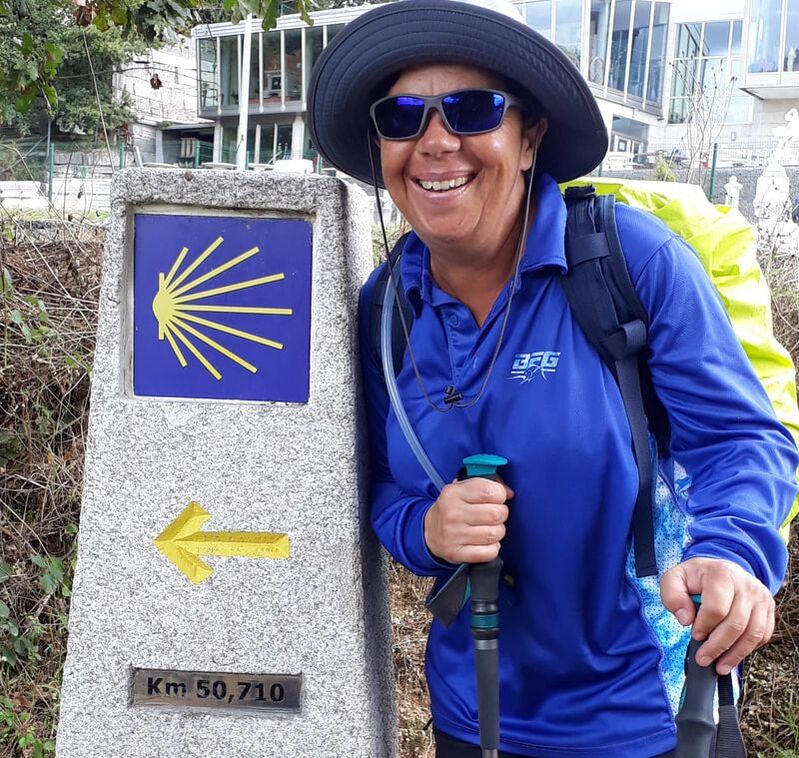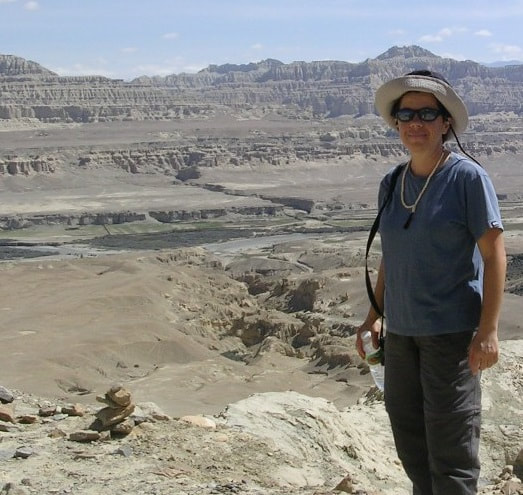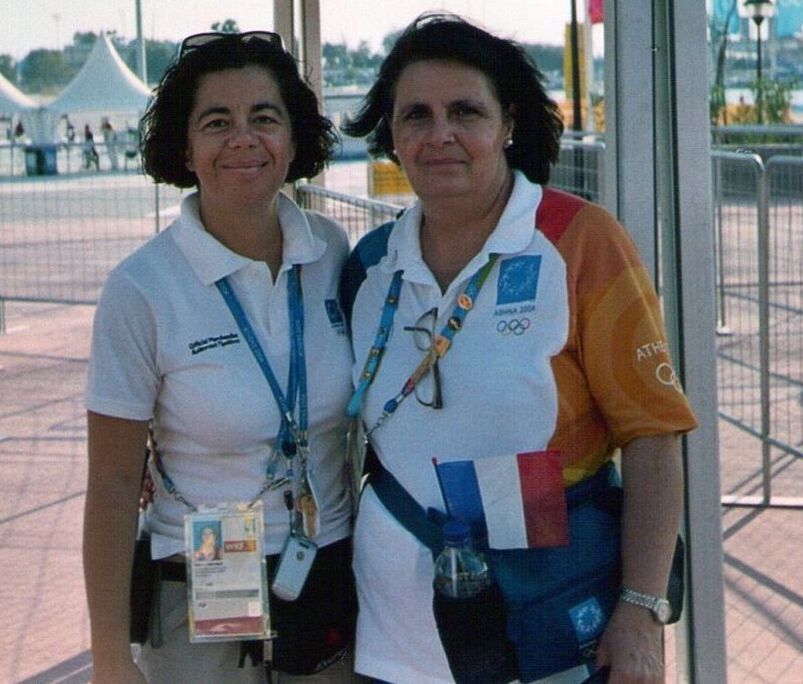|
“If my son has the opportunity to interact with young people from other cultures, he’ll learn they’re just the same as him,” said the mother. As a result, that young boy is growing up with an open mind and acceptance of other people, so by the time he’s an adult he won’t see the sense of warfare against people he considers friends, despite their colour, race or religion. “It’s one way of helping to end wars in future,” she said. I hadn’t looked at it that way, before. But if you think about it, that 11-year-old boy is already broadening his mind and breaking through cultural barriers and prejudices. His mother believes this is her way of contributing to world peace. That insight came from asking a simple question: Why are you interested in hosting students from other cultures? After interviewing around a dozen potential host families, that answer was the most profound. What better way to broaden our children’s minds by giving them the amazing opportunity of interacting with another culture in their own homes? Why wait till you’ve finished school or university to start exploring the world? How I broadened my horizons By the time I left home to study at college, I already had 18 years of rigid family beliefs and prejudices embedded in my brain. So my first culture shock was, ironically, right here in Australia – living on campus among Australians. Until then, I’d had a fairly sheltered, limited Greek view of the world (in my last year of high school, about 85 percent of the students were Greek, and we could count all the Aussies on the one hand). If you’ve been to university, you may have noticed it accentuates students’ extreme personalities; extreme, as in beliefs, behaviours, attitudes and dress code. Apart from obtaining an education, I also obtained the art of drinking copious amounts of alcohol and saw my first (of many) porn movies at college. What an eye opener! And despite my quasi identification with my heritage, my Greek professor was continually flabbergasted by my appalling lack of knowledge regarding Greek grammar, history, philosophy and mythology. I was floundering in a cultural quagmire. Image: FreeDigitalPhotos.net Fortunately, travel broadens the mind. It also helps break down cultural barriers, prejudices, hatred and, mostly, misconceptions. If we’re flexible and open minded, we’re more likely to accept cultural differences or temporary discomforts; we may even feel compassion and empathy with those living in considerably alien environments. My second culture shock, therefore, was back in my country of birth, although I’m not sure who was shocked the most – me or my Greek relatives. After spending a year in Greece in 1988, I returned for a two-year working stint in 1994 and a four-month sojourn in 2004. Those second and third visits weren’t necessarily easier, as my beliefs and cultural barriers had been significantly blasted open by other travel jaunts to Nepal, Japan, China, Eastern Europe and Peru. I was finding it increasingly difficult to tolerate other people’s narrow-mindedness when I returned to Sydney (or Greece). My sole advice to their exasperating attitudes was: “You really need to get out and see the rest of the world.” It puts life in perspective, doesn’t it? In the meantime, there are families out there who are bringing the world into their homes by hosting international students. It’s a win-win. They’re helping to teach their children - and the visiting students - that the world has no borders and we’re really all the same. Now that’s a profound contribution to world peace. Oh, by the way, have you noticed that travel also broadens the waist?
10 Comments
5/7/2012 02:10:09 am
I couldn't agree more, Hari. I have long been grateful for the opportunities I had to live and work in different countries. For a kid from the Queensland bush, it was a fascinating journey. Speaking of travel broadening the mind and waistline, did I tell you we were heading off to Turkey and Greece in late August? If not, Robyn probably has. Let's lunch soon. Cheers P
Reply
Hari Kotrotsios
5/7/2012 08:37:27 am
Yes, travel does lend itself to being a fascinating journey, Peter! So much to see, do and experience beyond our expectations.
Reply
Coral McBride
5/7/2012 08:49:06 am
Very interesting most enjoyable read.thank once again.re traveling puts on the weight I just have to stand still.every best wish.
Reply
Hari Kotrotsios
5/7/2012 09:28:54 am
Thanks again for being on this journey with me, Coral! I appreciate your support and comments. Perhaps we can discuss these over a nice meal?
Reply
Coral McBride
5/7/2012 03:14:48 pm
Would be very happy to share ameal with you Hari.You are the most interesting person I have met in many years.Sorry I have spelt traveling incorrectly in previous messag. 5/7/2012 08:52:59 am
Good post Hari. I'm so glad I took my son overseas 4 or 5 times. It has given him more tolerance, a knowledge of geography and a willingness to try different foods.
Reply
Hari Kotrotsios
5/7/2012 09:36:10 am
Thanks Madonna, there's quite a difference in those kids who've travelled overseas and experienced other cultures, isn't there? I'm sure your son is more open-minded about lots of things.
Reply
Sue Kruger
6/7/2012 05:38:47 am
Inter-marriage is the answer!
Reply
Hari Kotrotsios
6/7/2012 05:49:51 am
Yes, that's another option, Sue.
Reply
Tomiko
23/8/2012 02:29:44 pm
Having Lived in the country town at the eastern part of Hokkaido, Japan, there wasn't much chance to talk with foreigners. Here in Australia, there are so many nationalities around us. I feel I'm so lucky to be able to know other cultures.
Reply
Your comment will be posted after it is approved.
Leave a Reply. |
 Portuguese Camino 2019 Portuguese Camino 2019
Travel blogs
New Zealand 2008 Tibet 2007 New Zealand 2006 Melbourne 2006 United Kingdom 2004 Athens Olympics 2004 Peru 2003 Beijing to Athens 1994 Nepal 1991 Categories
All
Archives
December 2019
|
|
I acknowledge the traditional Custodians of the land on which I work and live, the Gubbi Gubbi / Kabi Kabi and Joondoburri people, and recognise their continuing connection to land, the waters and sky. I pay my respect to them and their cultures; and to Elders past, present and emerging.
|
© 2024 HARI KOTROTSIOS
|



